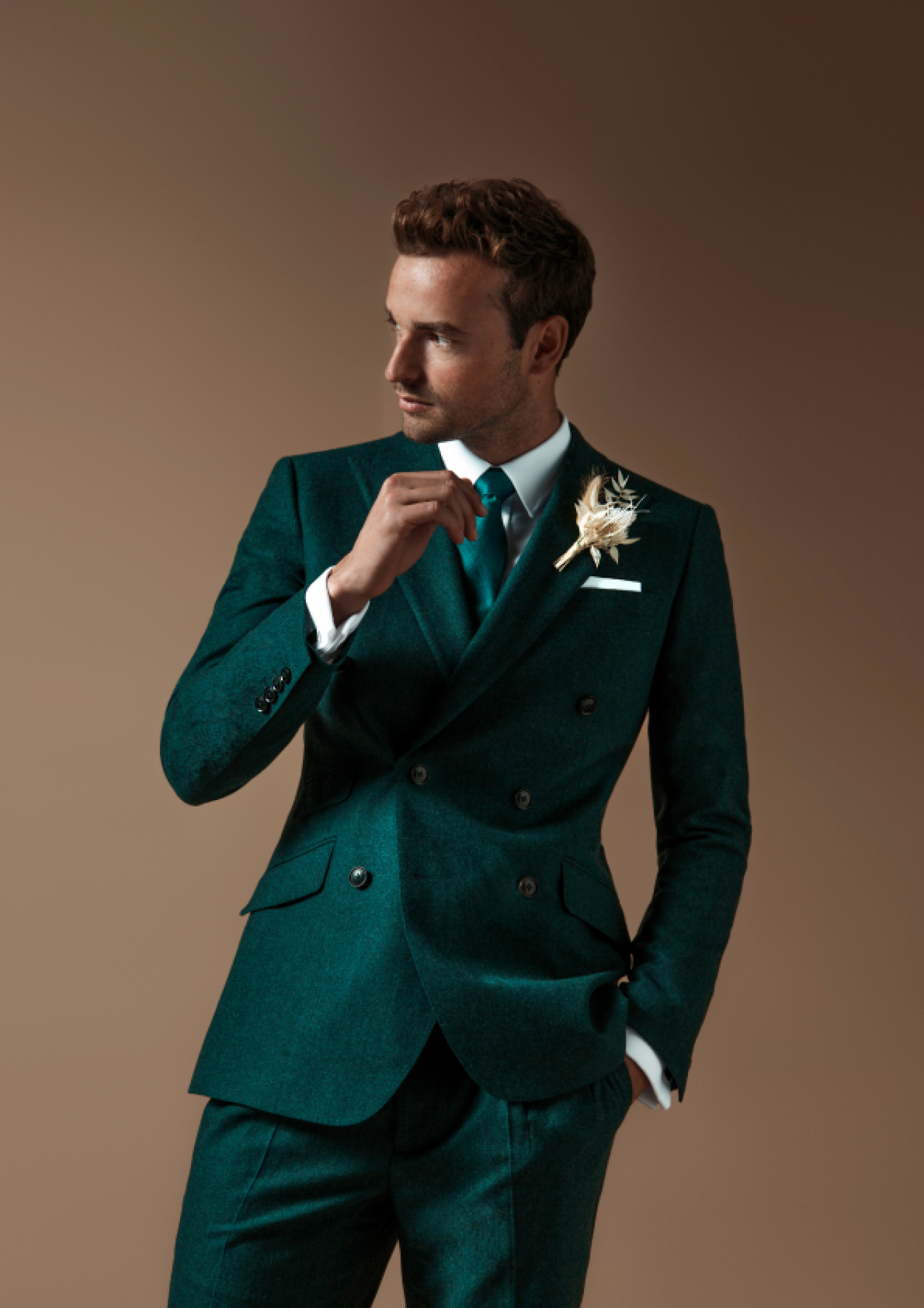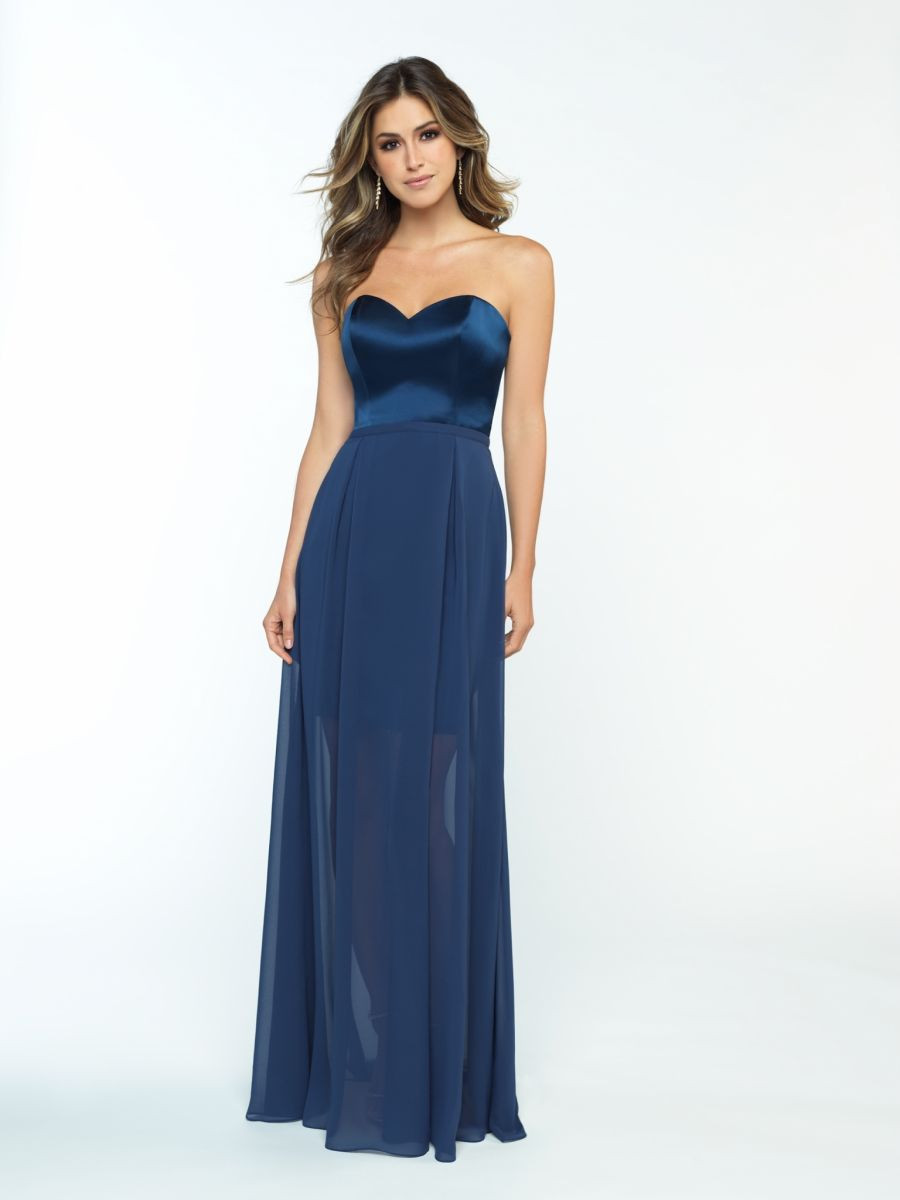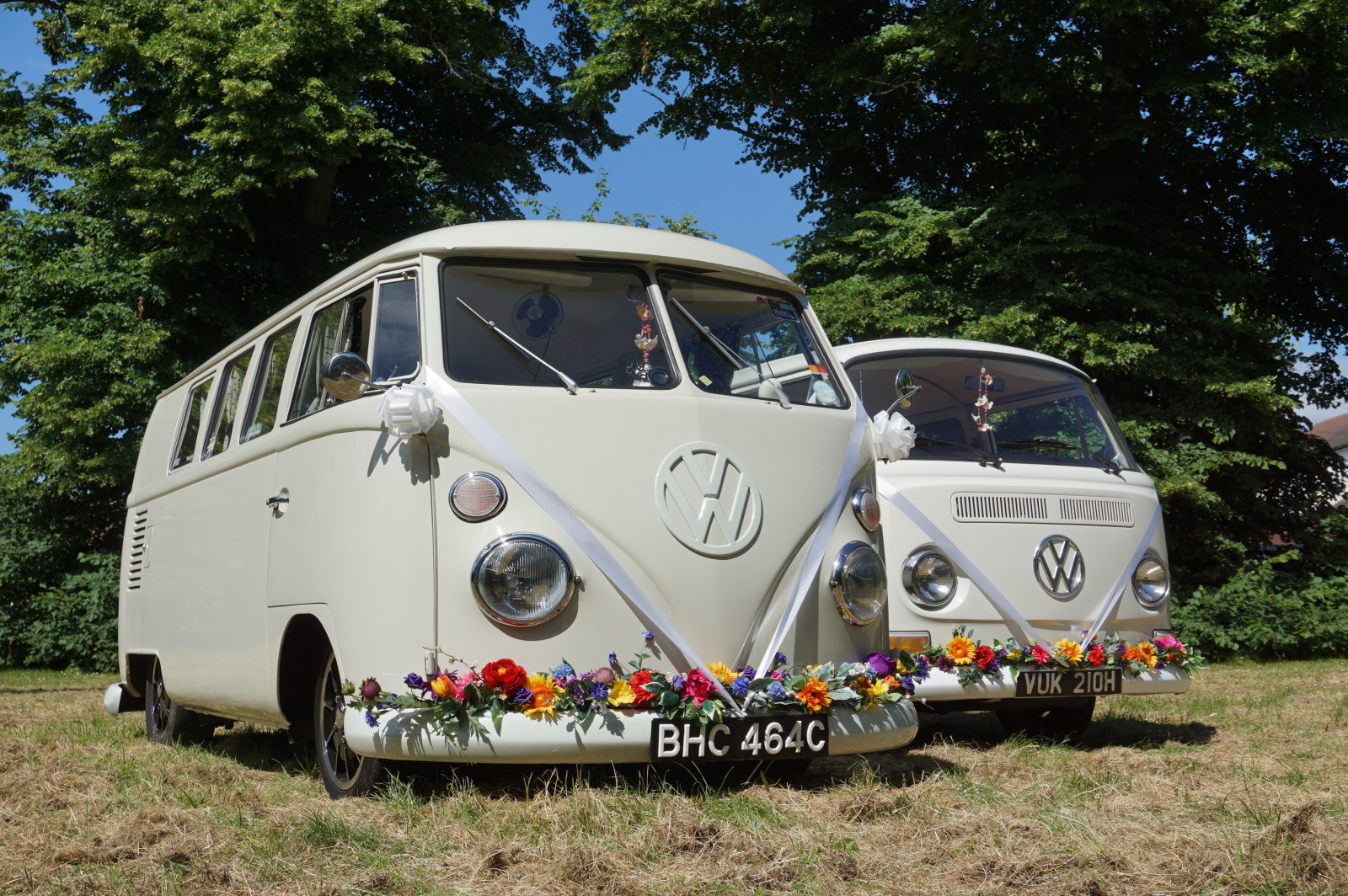Who Pays? Wedding Etiquette

Whilst the old rules don’t typically apply for many couples these days, it’s often useful to know what the traditional etiquette is on paying for the wedding and which elements of the day sit with who. Additionally, your family may wish to follow the traditional route and have already set the money aside for your wedding, in which case the below functions really well as a helpful guide.
Engagement Ring
The engagement ring is typically paid for by the groom and this is something that remains largely the same to this day.
Traditionally it is the bride that pays for the groom’s ring and the groom that pays for the bride’s ring. Realistically nowadays, this probably just means it comes out of your collective wedding fund!
The groom usually covers the full cost of his outfit, however sometimes the bride might gift him with something nice to wear on the morning of the wedding, such as cufflinks or a watch.

Wedding Dress and Accessories
When it comes to the bride’s outfit, her family will traditionally pay for the dress itself, plus any accessories such as the shoes, veil and headpiece. Much like the groom, the bride might also be gifted something on the day by him to wear.
Wedding Ceremony and Reception
Traditionally, any expenses that are related to the reception or the ceremony are covered by the Bride’s family. This aspect, as it generally covers most of the wedding, has changed a lot over recent years and you’ll often see a mixture of various family members chipping into this fund, or the couple funding it solely themselves so that they have full control.
Bridesmaid gifts
Usually the bride covers the cost of the bridesmaids’ presents and their wedding hair and make up as an additional gift to them.
The bridesmaids’ dresses are another element that is usually covered by the bride’s family. Nowadays it can vary, with sometimes the couple or the family covering the dresses, and the bridesmaids covering any additional accessories and shoes.

Groomsmen’s Suits
Traditionally the groom’s parents usually look after getting the suits for the Ushers, Best Man and Father of the Groom. This can also include covering their accessories too, such as ties and cufflinks.
Guest Accommodation
Surprisingly it is apparently tradition for each individual family to pay for the accommodation of the guests who are on ‘their side’. This includes both friends and relatives, but if you have any mutual friends, this will most likely be covered by the bride’s parents.
Transport is typically split across the two families, with the bride’s family paying for her transport to the ceremony and then onto the reception, and the groom’s paying for his transport to the ceremony.

Traditionally the groom is the one who looks after organising the honeymoon, which he then either pays for himself or with the help of his family too.
